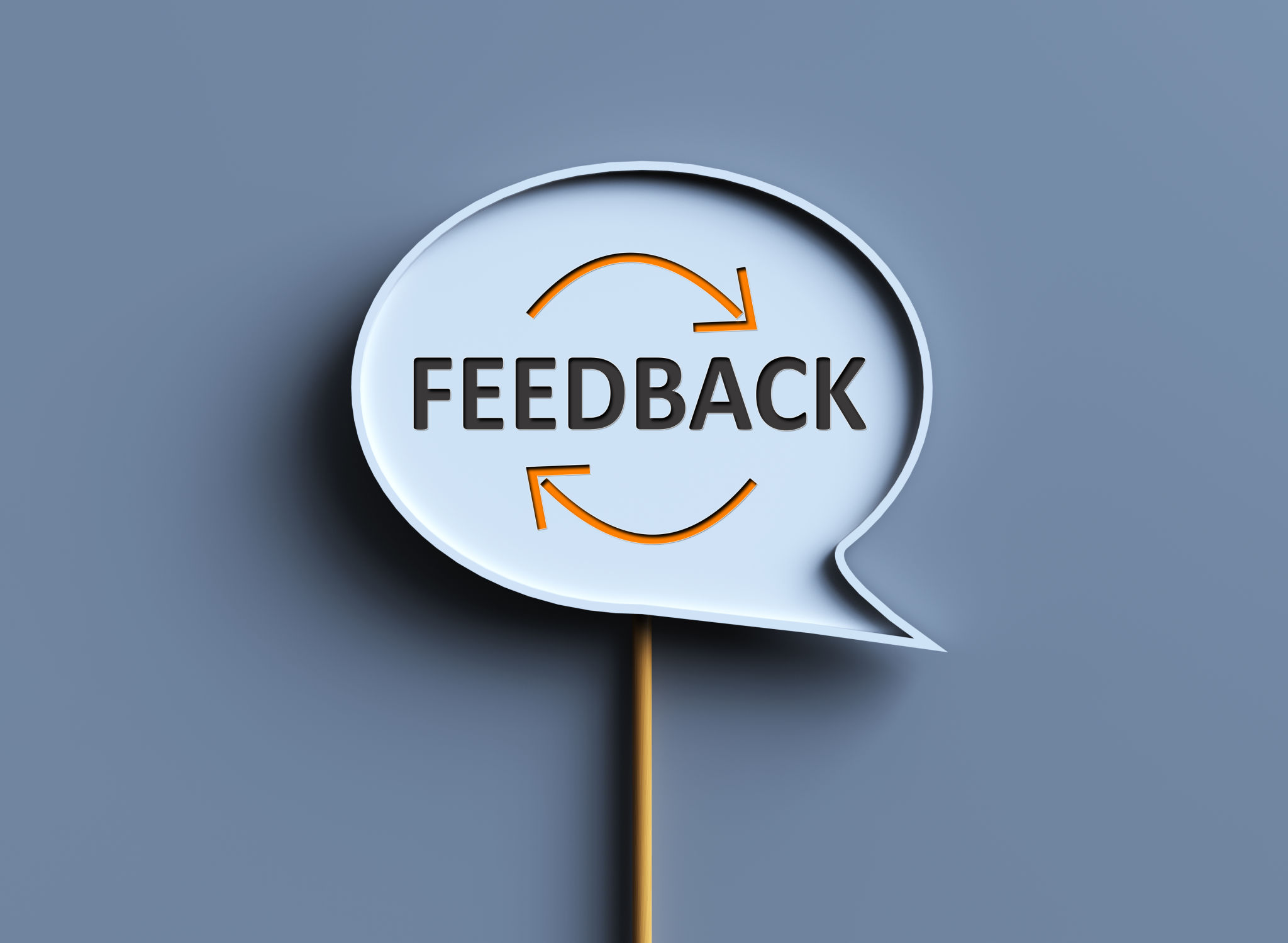Optimizing Your Dealership CRM for Better Sales and Customer Satisfaction
Understanding the Role of CRM in Dealerships
In today's competitive automotive market, a Customer Relationship Management (CRM) system is crucial for any dealership aiming to improve sales and enhance customer satisfaction. A robust CRM helps streamline communication, manage leads, and provide insights into customer behaviors and preferences.
The primary function of a CRM is to centralize customer data, making it easier for sales teams to access and utilize this information effectively. By understanding customer needs and preferences, dealerships can tailor their sales strategies, leading to increased conversion rates and customer loyalty.

Enhancing CRM Features for Better Sales
Optimizing your dealership CRM involves leveraging its features to maximize sales opportunities. Start by ensuring your CRM system is integrated with other digital tools and platforms that your dealership uses, such as inventory management and marketing automation systems. This integration allows for seamless data flow and comprehensive customer insights.
Additionally, consider customizing your CRM dashboard to prioritize sales-related metrics such as lead conversion rates, customer follow-ups, and sales team performance. By focusing on these key areas, you can quickly identify opportunities for improvement and track progress over time.
Automating Routine Tasks
One of the significant advantages of a CRM is its ability to automate routine tasks such as follow-up emails, appointment reminders, and data entry. Automation not only saves time but also reduces the risk of human error. This efficiency enables your sales team to focus on building relationships with customers rather than getting bogged down in administrative tasks.

Improving Customer Satisfaction through CRM
Your CRM should also be a tool for enhancing customer satisfaction by providing personalized experiences. Use the data collected in your CRM to tailor communications and offers to individual customer preferences. For example, if a customer has shown interest in eco-friendly vehicles, ensure they receive information about hybrid or electric cars.
Moreover, keep track of customer interactions and service history through the CRM to provide seamless support. When a customer feels valued and understood, their satisfaction—and likelihood of returning—significantly increases.
Feedback and Continuous Improvement
Encourage feedback from customers through your CRM system. Whether it's through surveys or direct communication, understanding the customer's experience is invaluable for continuous improvement. Use this feedback to refine your sales approach and address any areas of concern promptly.

Training Your Team on CRM Utilization
To fully optimize your dealership's CRM, invest in training your staff on how to use it effectively. Ensure that all team members understand its features and benefits, from sales representatives to customer service personnel. A well-trained team can leverage the CRM's capabilities to drive both sales and customer satisfaction.
Regular training sessions can help keep your team updated on new features or integrations and provide an opportunity to share best practices. An informed team is better equipped to use the CRM as a powerful tool for achieving business goals.
Measuring Success
Finally, regularly measure the impact of your CRM optimizations on sales and customer satisfaction metrics. Use this data to adjust strategies as needed and continue refining your approach. By consistently analyzing performance, your dealership can stay ahead of the competition and foster long-term customer relationships.
